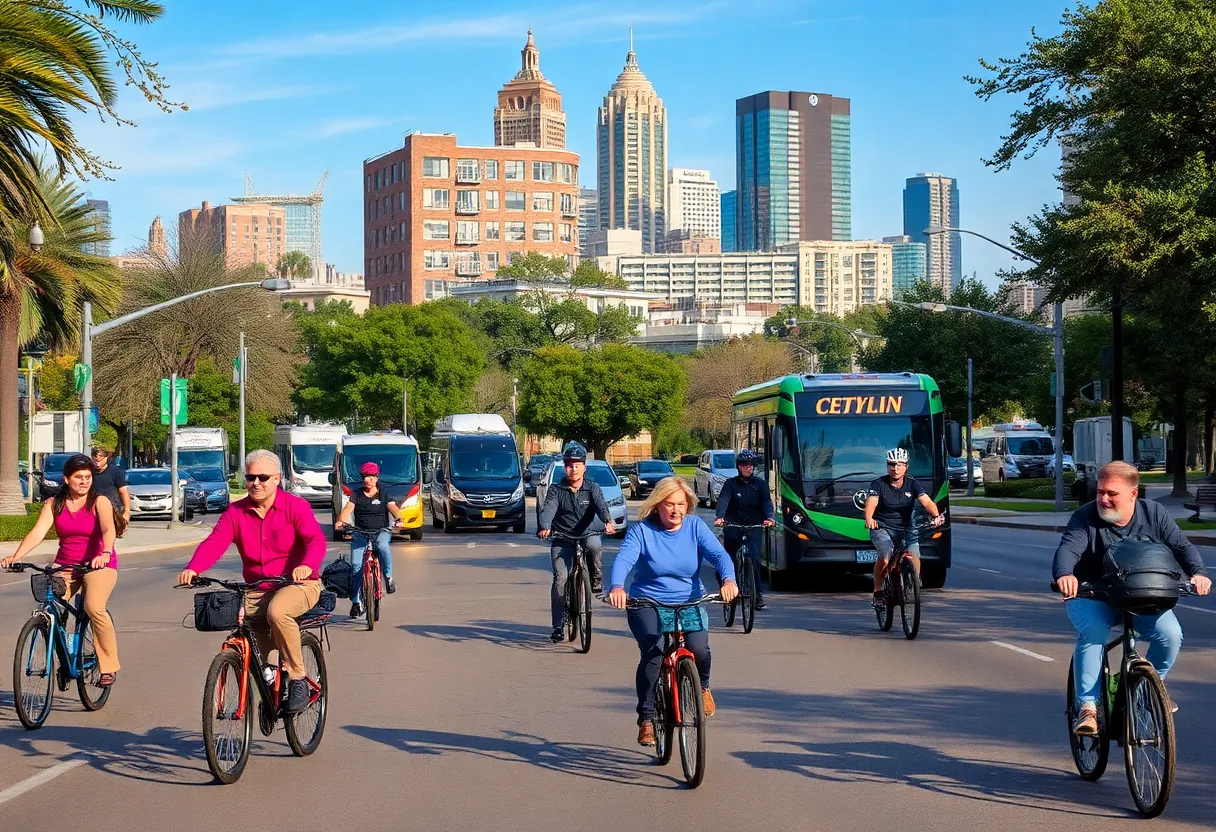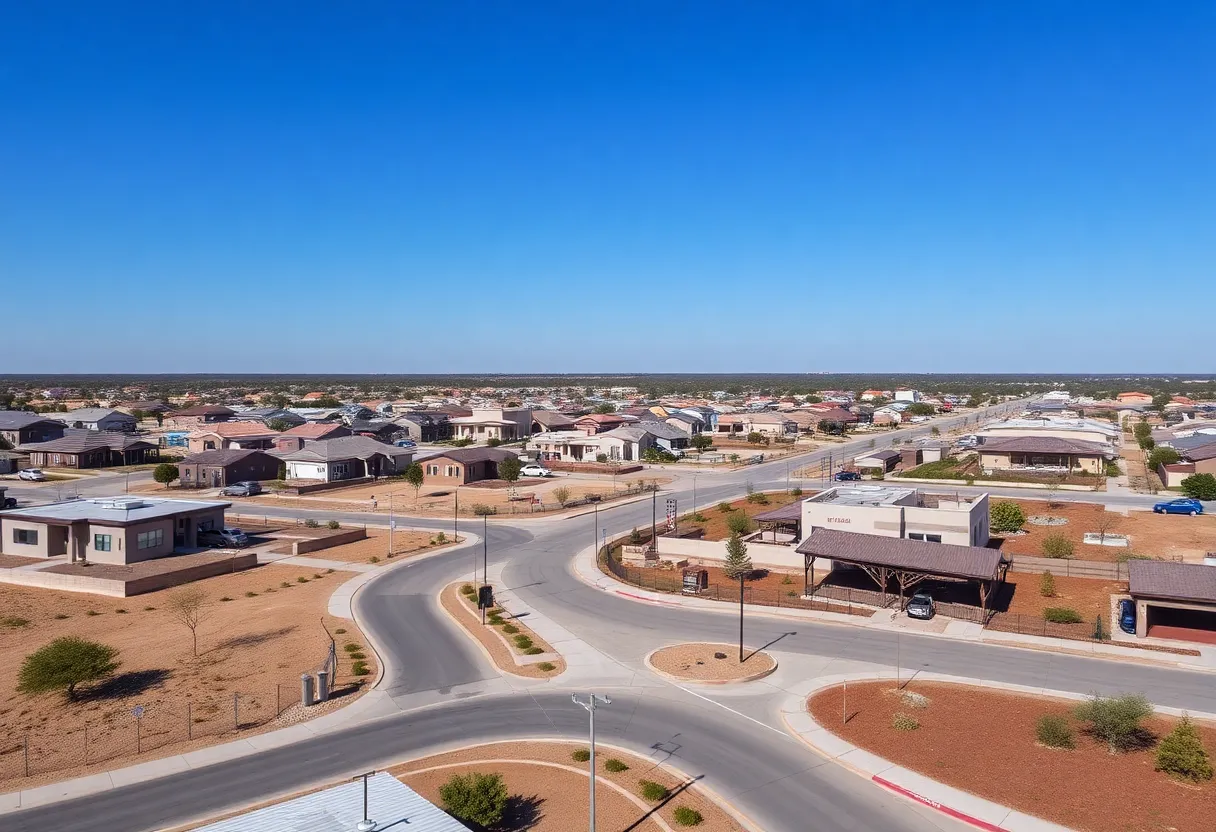News Summary
The Urban Transportation Commission (UTC) in Austin has voted against a proposal to merge the Bicycle Advisory Council (BAC) and the Pedestrian Advisory Council (PAC) into the UTC. Members expressed concern that this merger could diminish the individuality and effectiveness of these councils in advocating for non-motorized transportation. The UTC is committed to improving collaboration with both councils while also revising its bylaws to better focus on pedestrian and cyclist issues amidst ongoing discussions on city transportation planning.
Austin’s Urban Transportation Commission Throws Cold Water on Merger Proposal
Austin’s bustling urban scene continues to buzz with the latest news from the Urban Transportation Commission (UTC), which has recently taken a stand against a proposal backed by the City Council that aims to merge several important advisory councils in the city. The proposal at the heart of this controversy suggests that the beloved Bicycle Advisory Council (BAC) and the Pedestrian Advisory Council (PAC) be combined into the UTC itself, raising eyebrows and sparking intense discussions among commissioners and community members alike.
The Reason Behind the Proposal
At its core, the intention of this merger is to streamline city operations and cut down on the administrative hustle and bustle. In a city as lively and populous as Austin, it’s easy to see why some may think combining these councils could make things easier and more efficient. However, many UTC members see it quite differently, fearing that this merger might strip the councils of their unique voices and important, citizen-led initiatives.
Commissioners have highlighted that both BAC and PAC serve essential roles in advocating for non-motorized transportation options and actively engaging with the community. They express significant concern that combining these vibrant councils into a more formal body like the UTC could wipe away the individuality that makes them effective advocates for pedestrians and cyclists.
Voicing Concern and Pledging Collaboration
In light of their apprehensions, the UTC has officially voted against the merger proposal, as well as a suggested name change for the UTC to the “Urban Mobility Commission.” Their determination to preserve their existing structure shines through as they commit to better collaboration with both BAC and PAC, enhancing communication efforts and clarifying the relationships among the three groups.
It’s worth noting that this push for structural change has emerged in response to a City Council resolution from December 2024 and a city auditor’s report that pointed out persistent issues—such as numerous vacancies and overlapping responsibilities—among several of Austin’s boards and commissions.
Complexities of Consolidation
Approximately three dozen boards and commissions are currently under review for potential consolidation or even dissolution. Some commissioners express the opinion that merging the three mobility-focused entities could lead to better efficiency, while others firmly believe that this change could result in unnecessary redundancy. Highlighting these complexities, one commissioner reminded others of the thriving nonprofit advocacy framework already in place throughout Austin.
For What It’s Worth in the Future
As suggested changes loom, the UTC is also looking to revise its bylaws to better define its focus specifically on issues pertinent to pedestrians and cyclists. Input from both BAC and PAC is anticipated to be submitted to the City Council’s Audit and Finance Committee, scheduled to delve into the topics of consolidation on February 19. During discussions, the uncertain implications of the merger continue to be a focal point of concern, particularly regarding how the more expansive term “mobility” may broaden the UTC’s responsibilities to include non-related sectors like local aviation.
What Lies Ahead for Austin
Austin’s ever-changing landscape has resulted in notable shifts in transportation patterns. The city boasts a remarkable 57% decrease in daily vehicle traffic on Congress Avenue since 2015, alongside a striking 12,000 pedestrian trips occurring daily. As the commission gears up to tackle issues stemming from a moratorium on new downtown events initiated back in 2014, the final construction phase for the revamped Congress Avenue is anticipated to commence between mid- to late-2025.
The discussions surrounding this proposed merger highlight the unique challenges that Austin faces when it comes to balancing urban development and sustainable transportation solutions. With such passionate voices driving advocacy for cyclists and pedestrians, the city’s approach to its transportation planning may just shape the streets of Austin for years to come!
Deeper Dive: News & Info About This Topic
HERE Resources
Additional Resources
- Austin Monitor: Consolidation Criticism
- Wikipedia: Urban Mobility
- Austin Monitor: Congress Ave Transformation
- Google Search: City Development Plans
- Community Impact: Austin Bike & Bus Lanes
- Google Scholar: Transportation Restructuring
- Austin Monitor: Trails Plan Updates
- Encyclopedia Britannica: Sustainable Urban Planning
- Austin Monitor: Mobility Restructuring Roles
- Google News: Urban Transportation








